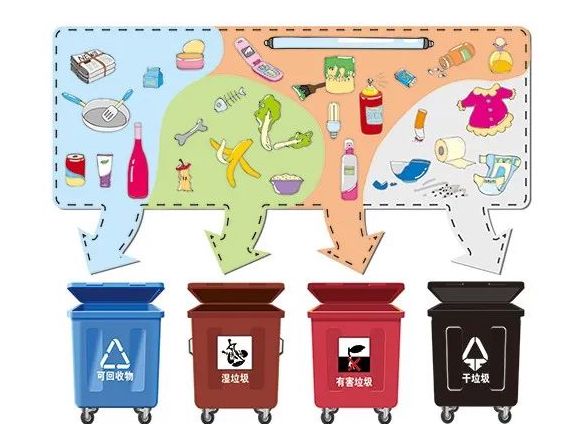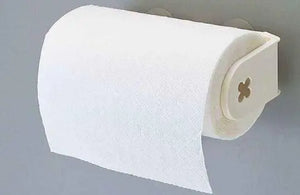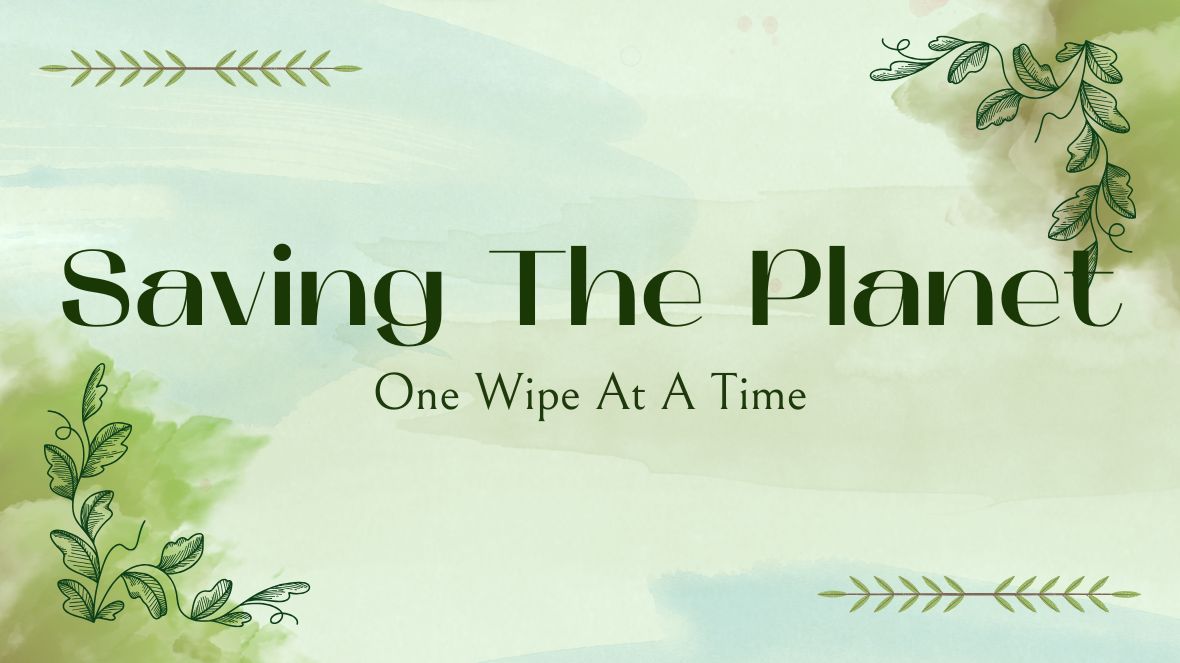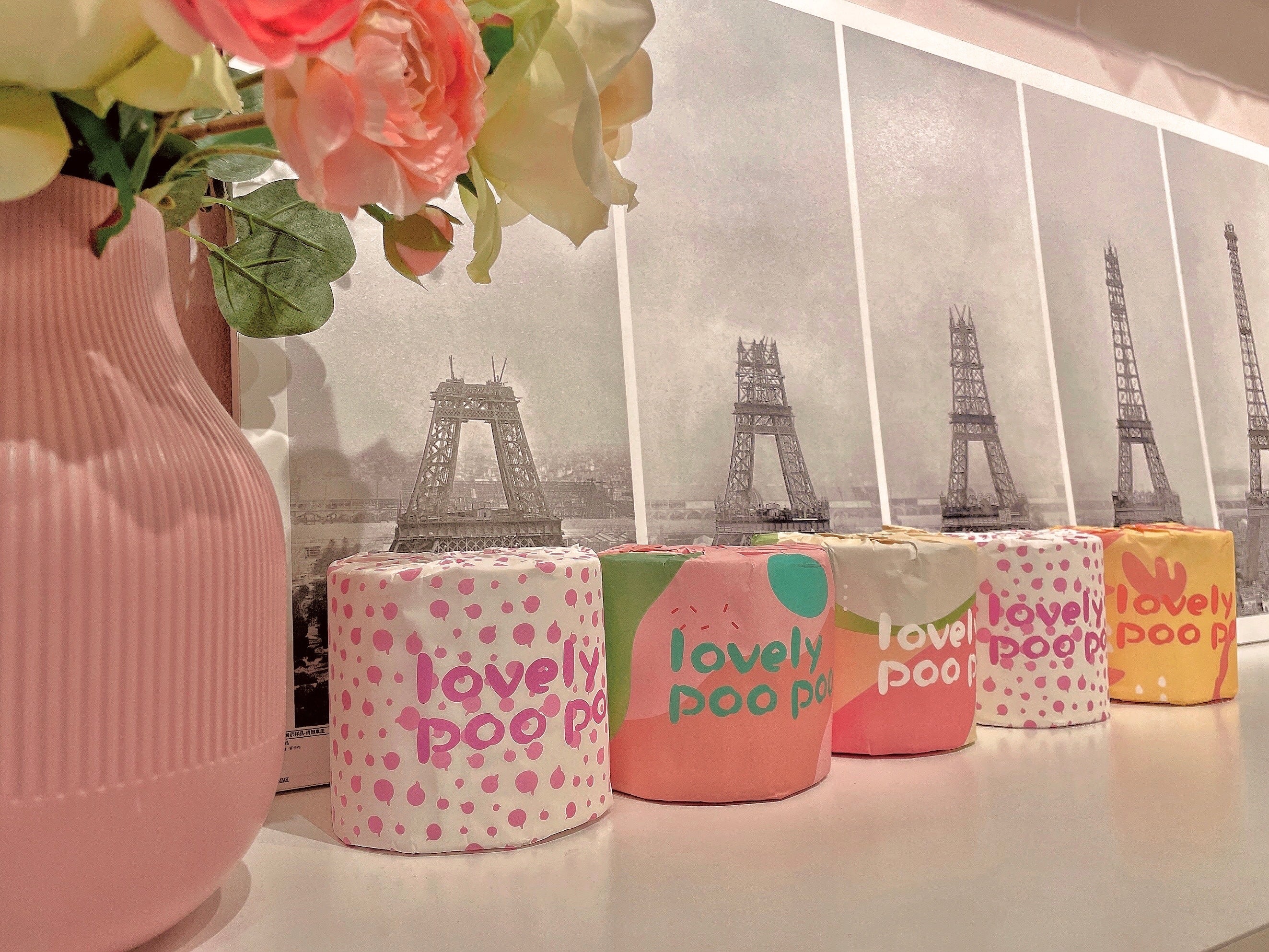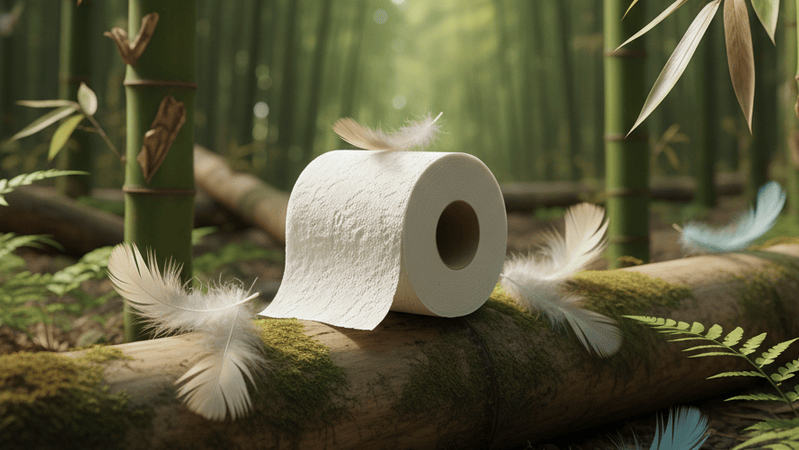What kind of garbage is toilet paper---Toilet paper is dry waste.
Toilet paper roll poop is really one of the indispensable items in life. Zero Waste Paper should be the most commonly encountered recyclables in our lives. Selling old books, newspapers, waste cardboard, etc. may also be the most common behavior of sorting and recycling.
So the point is, what kind of garbage is best bamboo toilet paper? What kind of garbage does toilet paper belong to?
Dry garbage, that is, other garbage, refers to other domestic wastes other than recyclables, hazardous garbage, and wet garbage. When disposing of dry garbage, the water should be drained as much as possible, and household garbage that is difficult to identify is put into the dry garbage container.
Toilet paper is one of the daily necessities commonly used in people's lives. Many people throw used toilet paper directly into the trash can, but what kind of toilet paper does it belong to?
Garbage is still questionable. According to national regulations and environmental protection principles, toilet paper belongs to domestic waste.
First of all, toilet paper is used for one-time use and has a short-term use effect .Because of its soft texture and short fibers, it is not easy to recycle and reuse. In addition, WeiMixing raw paper with kitchen waste and recyclable waste will cause irreversible damage to the environment and resources. For example, toilet paper mixed with kitchen waste,It will cause a large amount of greenhouse gases and exacerbate climate change; and the mixing of toilet paper and recyclable garbage will affect the recycling of waste paper.
Secondly, the nature of best bamboo paper products pollution is high and the pollution is strong. Toilet paper has been in contact with human secretions, such as sweat, saliva, personal care products, etc. It is easy to attach harmful substances such as germs, and it is also easy to breed bacteria, odors, mosquitoes, etc. in the trash can. If discarded in public places at will, it will affect the environmental health and public health.
Finally, toilet paper 24 has limited options for disposing of it. Since the item itself is of great significance to human hygiene, it cannot be recycled and reused deal with.
Generally speaking, domestic waste will be disposed of by waste incineration or landfill, but toilet paper is more difficult in these disposal methods
To sum up, toilet paper is a kind of polluting domestic waste that cannot be recycled and reused, and has certain harm to the environment and human health. because
Therefore, we need to classify toilet paper into trash cans in our daily life for better garbage sorting.
What kind of dry garbage is there?
Dry garbage includes discarded paper, plastic, glass, metal, fabric, etc., as well as large-scale garbage such as scrapped vehicles, home appliances and furniture, and decoration waste.
Main types:
- Napkins, toilet paper, diapers, cat litter, dog pee pads, stained paper, cigarette butts, desiccant
- Fouling plastics, nylon products, woven bags, shatterproof bubble film
- Big bones, hard shells, hard fruit shells (coconut shells, durian shells, walnut shells, corn husks, sugarcane skins), hard fruits (durian cores, jackfruit cores)
- Hair, dust, slag, plasticine, space sand, glued products (glue, tape), flower pots, towels
- Disposable tableware, mirrors, ceramic products, bamboo products (bamboo baskets, bamboo chopsticks, toothpicks)
- Products with complex components (umbrellas, pens, glasses, lighters)
The benefits of garbage classification are to reduce land erosion, increase economic value, reduce environmental pollution, soft eco friendly toilet paper, protect the ecological environment, turn waste into treasure, and effectively use resources; the significance of garbage classification is to increase the resource value and economic value of garbage, and strive to make the best use of it; Reduce the amount of waste disposal and processing equipment, reduce processing costs, and reduce the consumption of land resources; it has social, economic, and ecological benefits.
